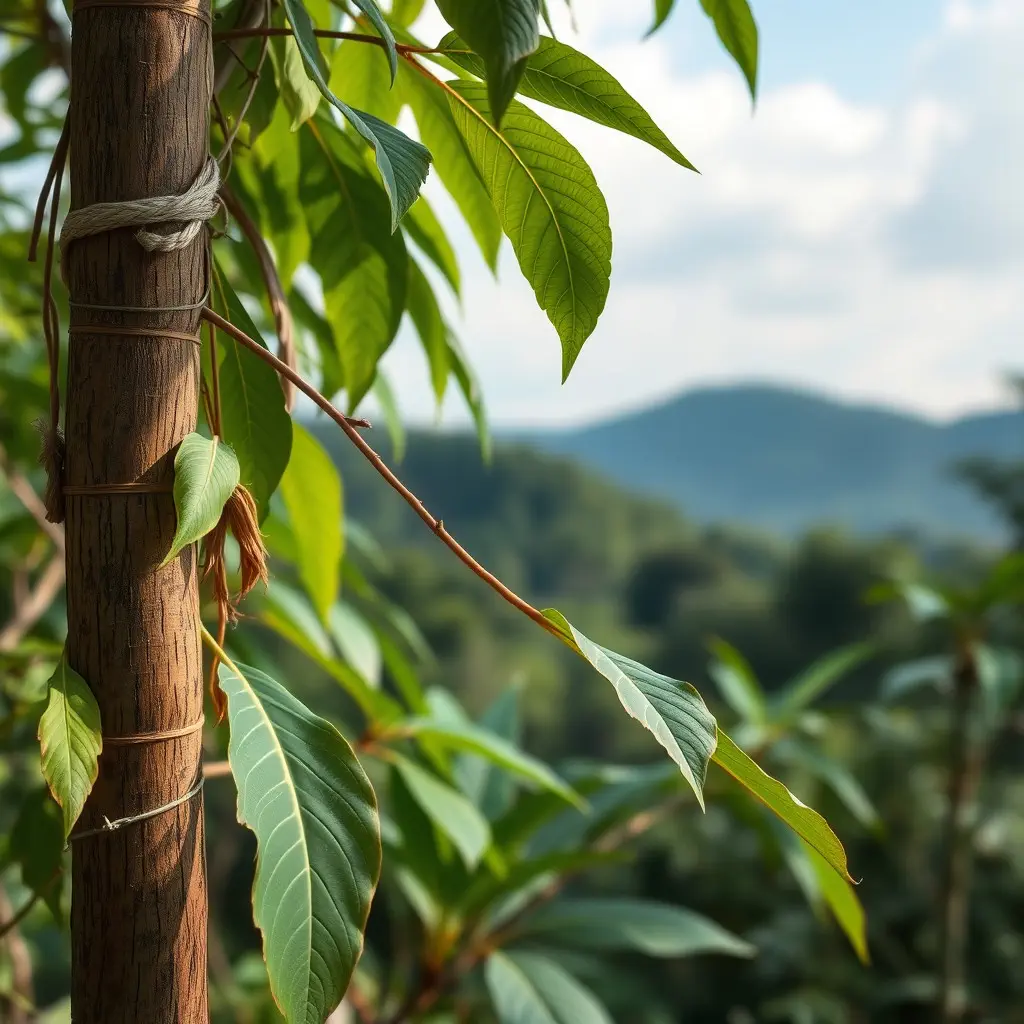Malaysian Kratom (Mitragyna speciosa) offers potential as a natural anti-inflammatory agent, with traditional uses supporting its analgesic and anti-inflammatory properties. Key alkaloids like mitragynine and 7-hydroxymitragynine interact with the endocannabinoid system, providing relief from pain and inflammation. However, scientific exploration continues to caution users when considering supplements, emphasizing the need for further research.
“Unraveling the power of natural remedies has never been more pertinent than in our quest to manage inflammation. This article explores an intriguing contender: Malaysian Kratom, a herb with potential anti-inflammatory properties. We delve into the science behind its effectiveness, offering insights into how this ancient remedy might contribute to overall health. Understanding inflammation’s role in various conditions sets the stage for examining Malaysian Kratom’s mechanism of action as a possible alternative or adjunctive treatment.”
- Understanding Inflammation and Its Impact on Health
- Malaysian Kratom: A Natural Anti-Inflammatory Agent?
- Exploring the Science Behind Kratom's Anti-Inflammatory Benefits
Understanding Inflammation and Its Impact on Health
Inflammation is a natural process that plays a vital role in our body’s defense mechanism, helping to protect us from injuries and infections. However, when inflammation becomes chronic or excessive, it can lead to various health issues. Chronic inflammation has been linked to conditions such as arthritis, heart disease, and even certain types of cancer. It’s a complex process involving the release of chemicals that trigger pain, swelling, and other symptoms.
Malaysian Kratom, derived from the plant Mitragyna speciosa, has gained attention for its potential anti-inflammatory properties. Research suggests that specific compounds in Kratom may help reduce inflammation by blocking certain receptors in the body. This natural approach to inflammation reduction could offer relief for individuals seeking alternative solutions, especially those looking for a more holistic treatment option alongside traditional medicine.
Malaysian Kratom: A Natural Anti-Inflammatory Agent?
Malaysian kratom, scientifically known as Mitragyna speciosa, has been a subject of interest in the natural health community for its potential anti-inflammatory properties. Native to Southeast Asia, including Malaysia, this plant has a rich history of use in traditional medicine practices. The leaves of the Malaysian kratom plant are believed to contain bioactive compounds that may help reduce inflammation in the body.
Research suggests that certain alkaloids present in Malaysian kratom, such as mitragynine and 7-hydroxymitragynine, possess anti-inflammatory and analgesic effects. These compounds have been shown to interact with the body’s endocannabinoid system, which plays a crucial role in regulating inflammation. The traditional use of Malaysian kratom for treating pain and inflammation has gained modern attention, leading to the development of supplements aimed at providing these potential benefits. However, it’s essential to approach this topic with caution, as scientific research on its effectiveness is still evolving.
Exploring the Science Behind Kratom's Anti-Inflammatory Benefits
Kratom, a plant native to Southeast Asia and particularly renowned for its varieties found in Malaysia, has been the subject of scientific inquiry due to its potential anti-inflammatory properties. Research suggests that kratom contains various alkaloids, such as mitragynine and 7-hydroxymitragynine, which exhibit powerful anti-inflammatory effects. These compounds have shown promise in reducing inflammation in both animal models and laboratory settings.
The mechanism behind kratom’s anti-inflammatory benefits is thought to involve its interaction with opioid receptors in the body. By activating these receptors, kratom may help regulate pain and reduce the production of pro-inflammatory cytokines, leading to a decrease in overall inflammation. This natural approach to inflammation reduction has sparked interest among individuals seeking alternative solutions for managing chronic inflammatory conditions without relying heavily on pharmaceuticals.
Malaysian kratom has gained attention as a potential natural solution for inflammation reduction. The scientific exploration in this article highlights its anti-inflammatory properties, offering a promising alternative for managing chronic inflammation. As with any supplement, further research and professional guidance are essential before incorporating Malaysian kratom into healthcare routines. Its effectiveness and safety should be assessed through comprehensive studies, ensuring individuals make informed decisions regarding their well-being.






